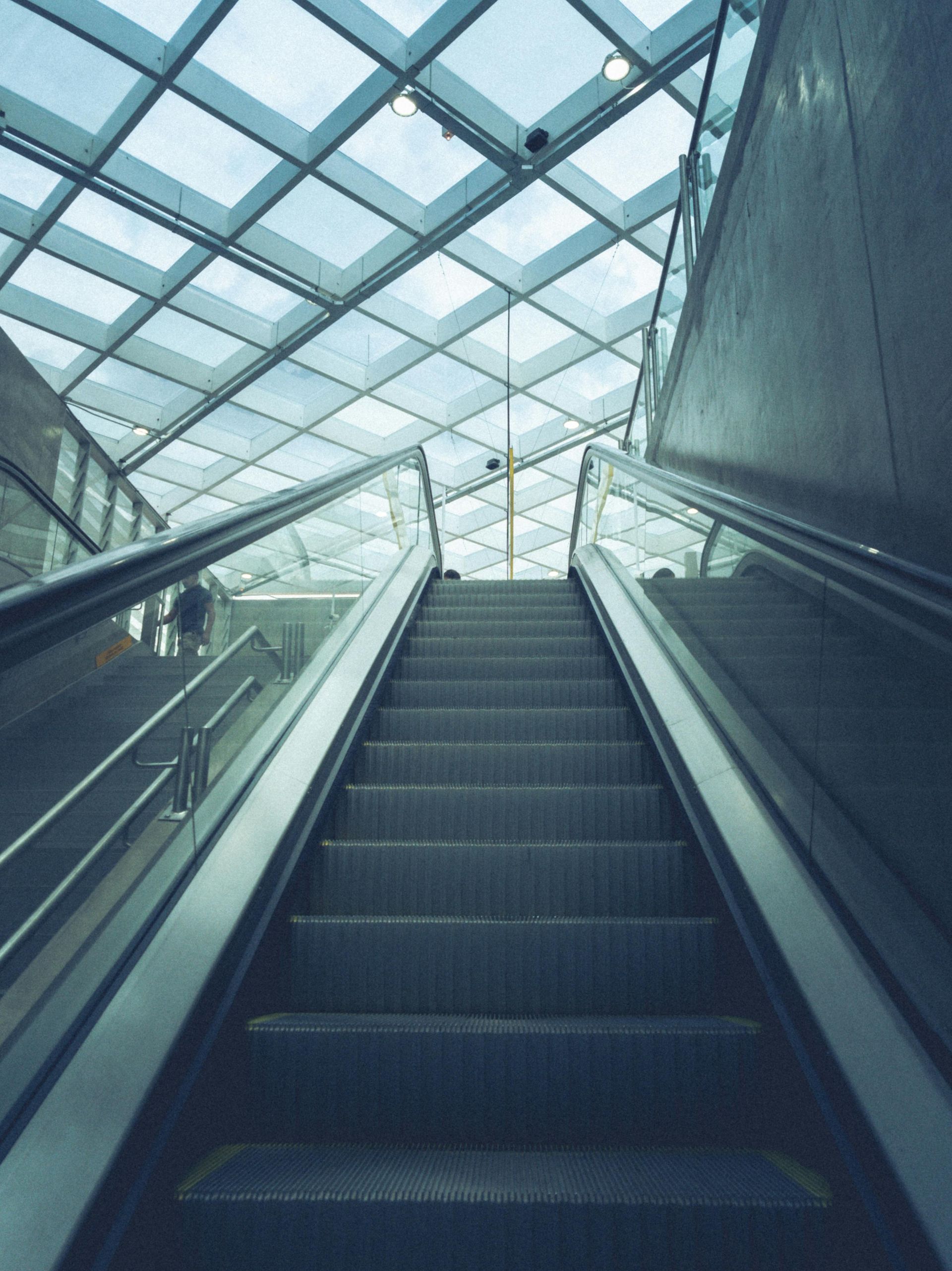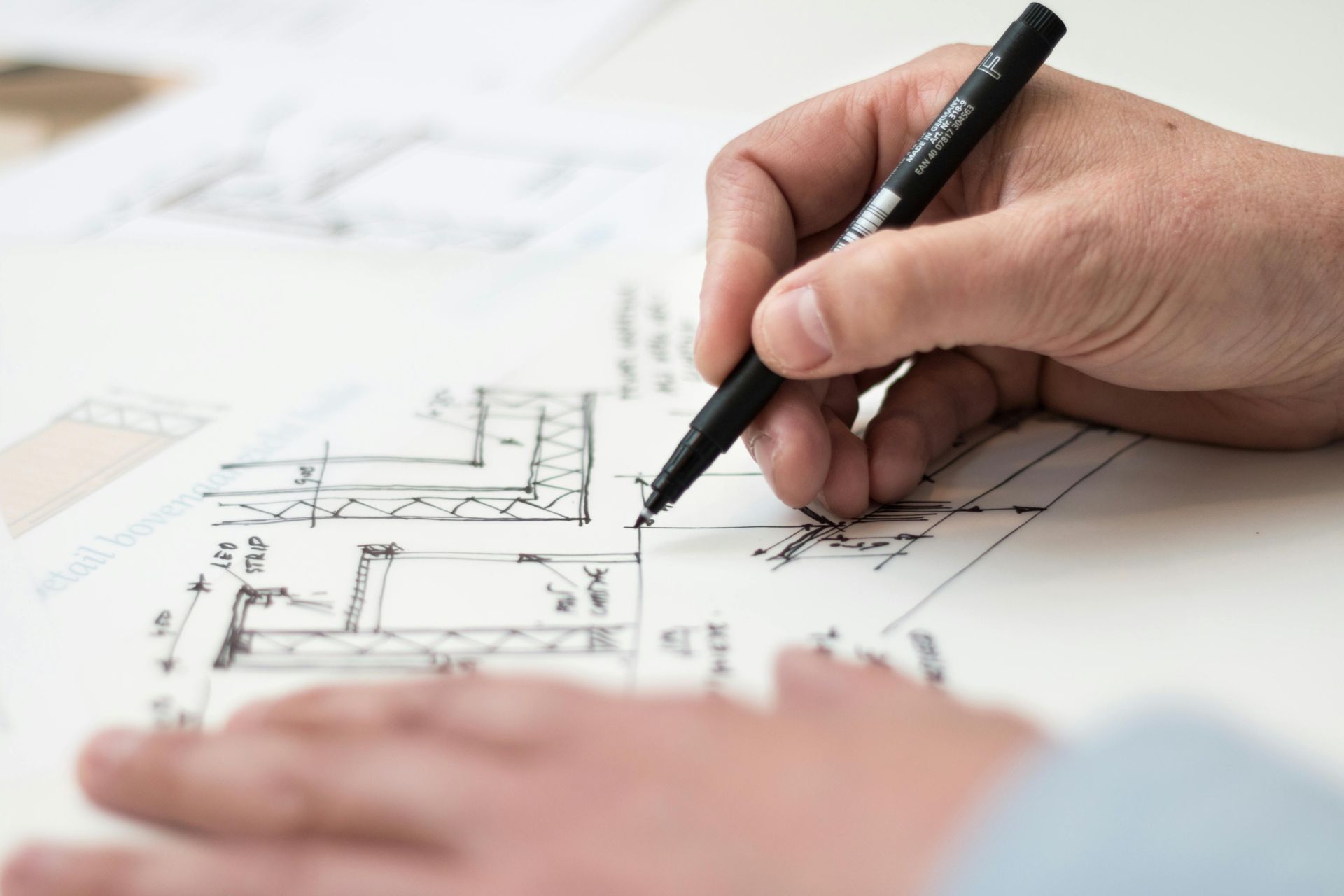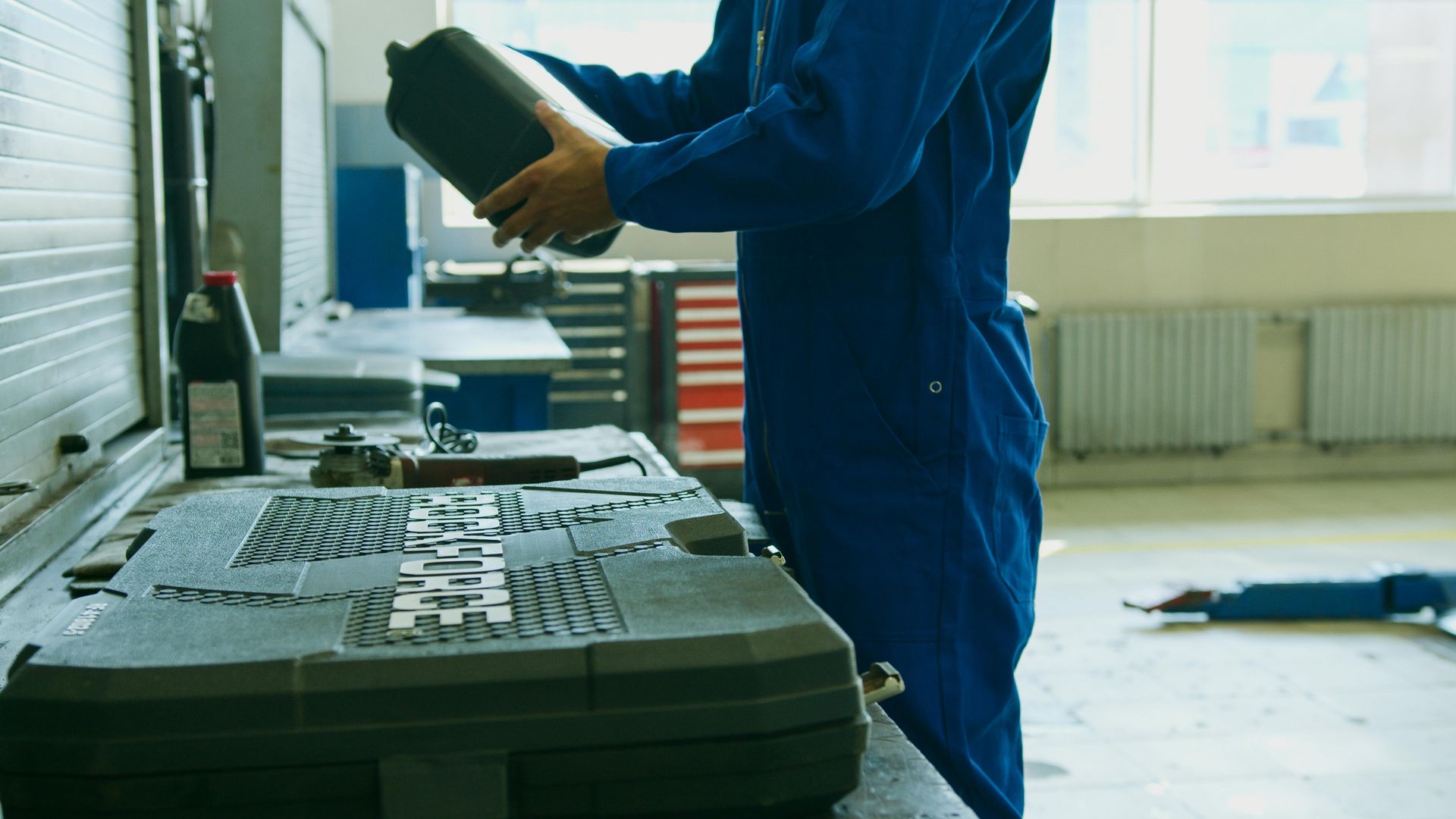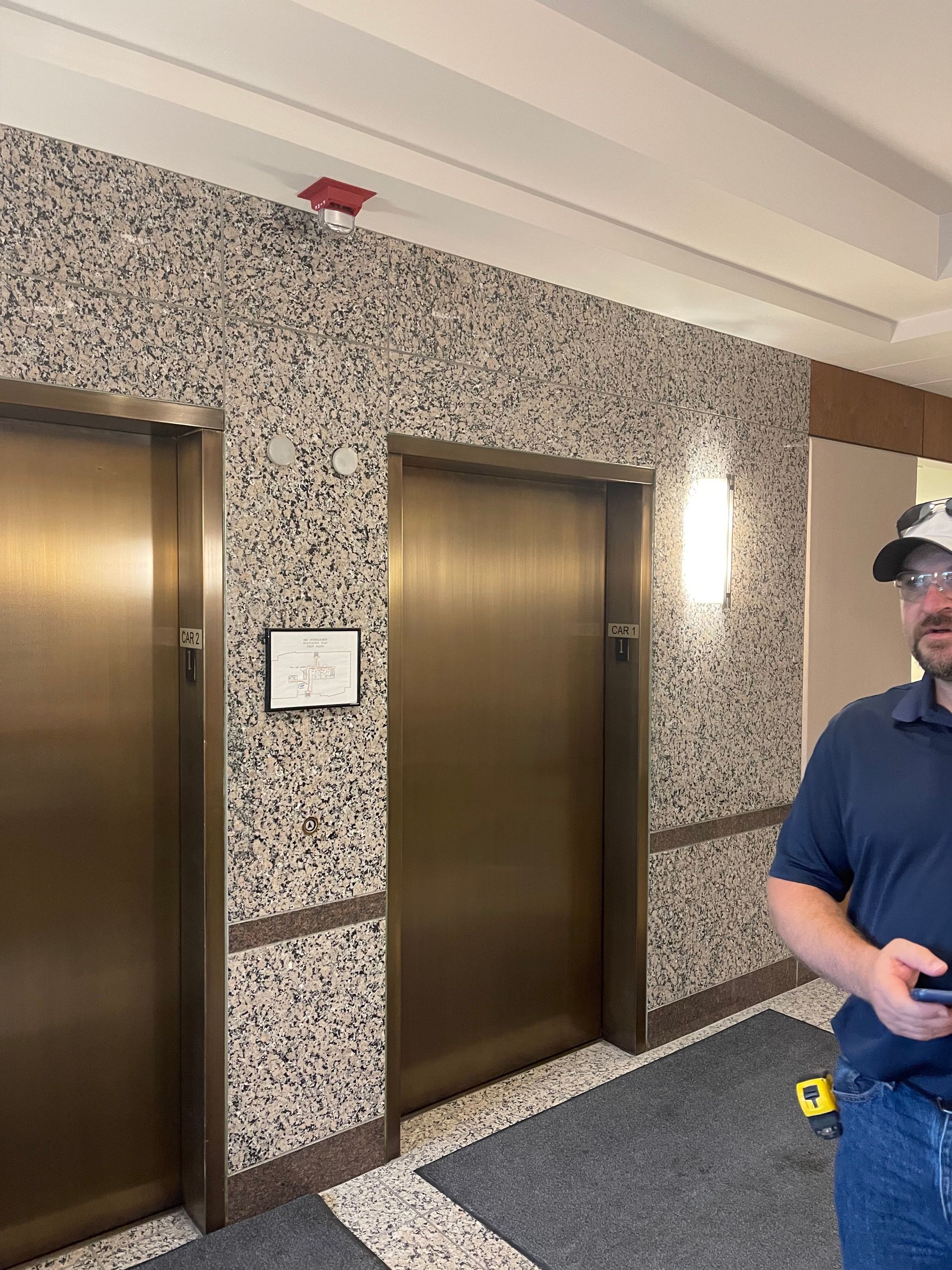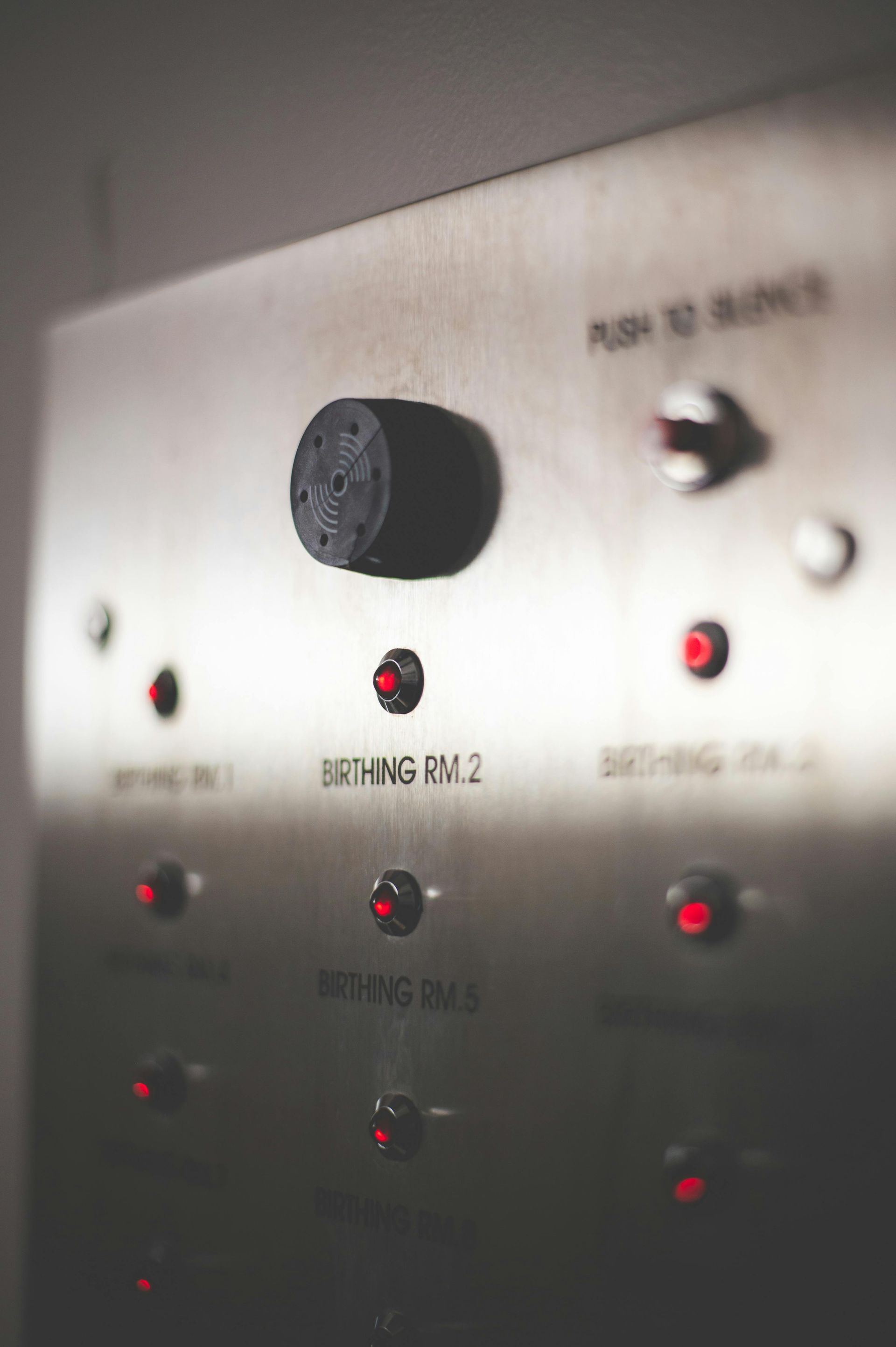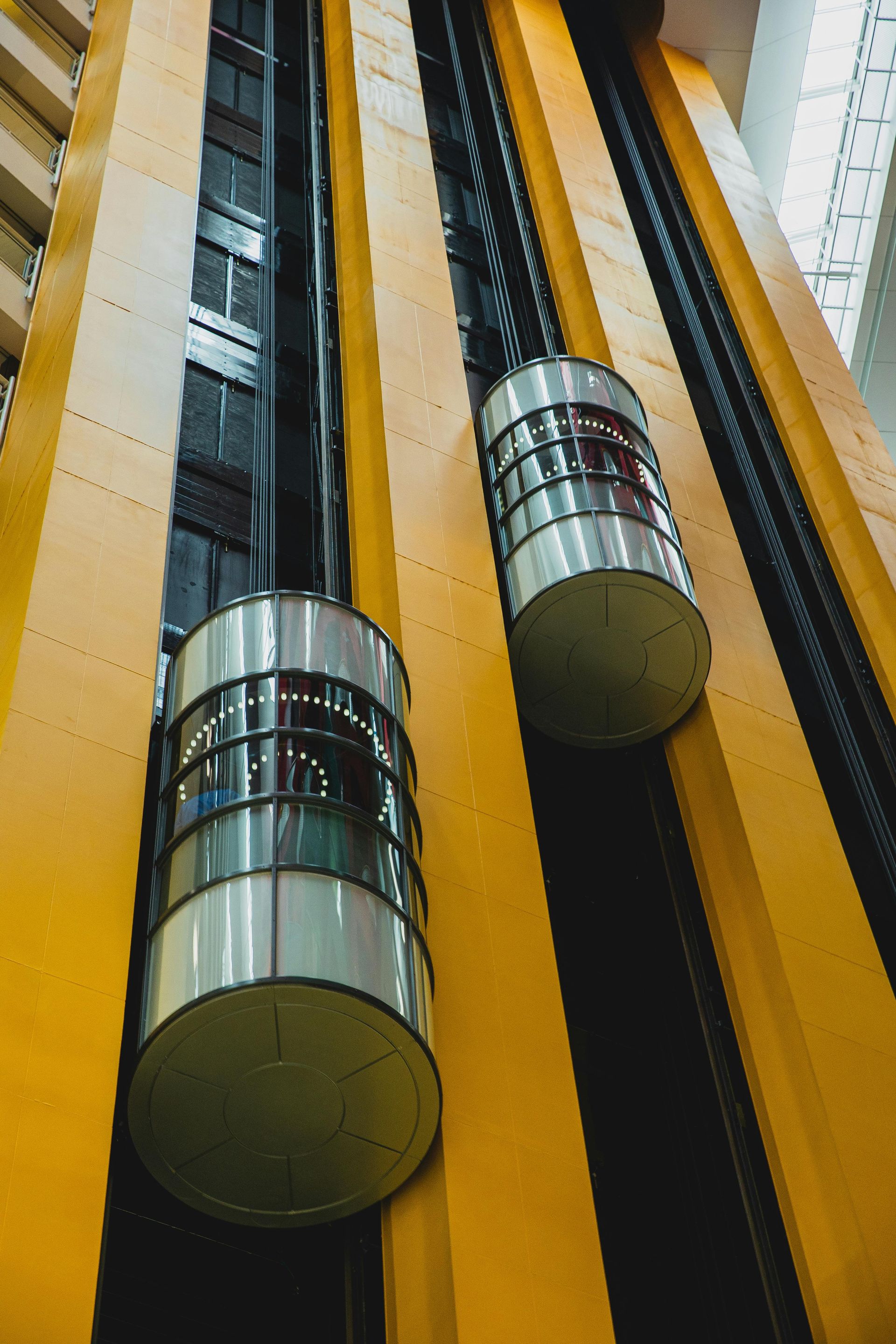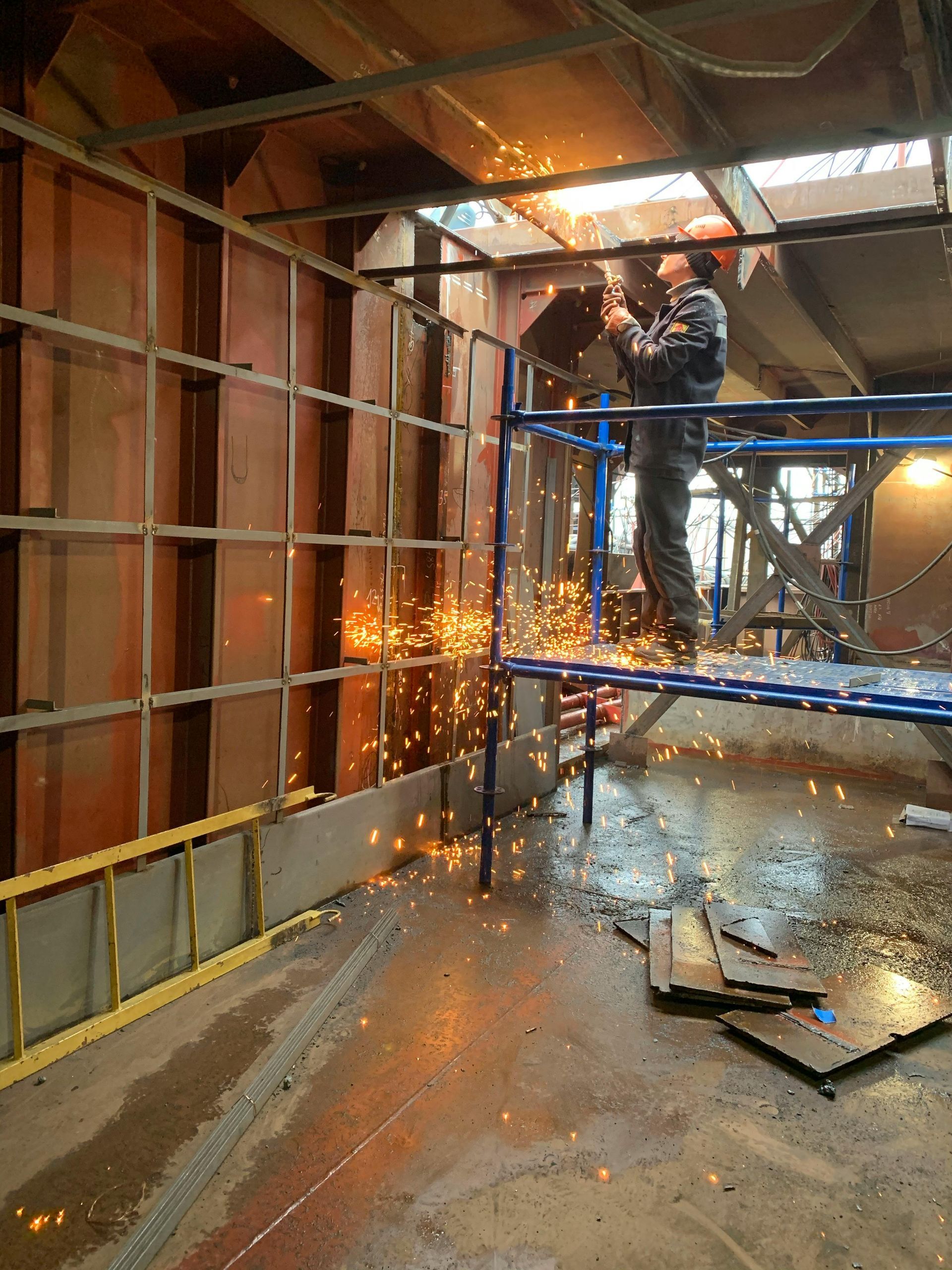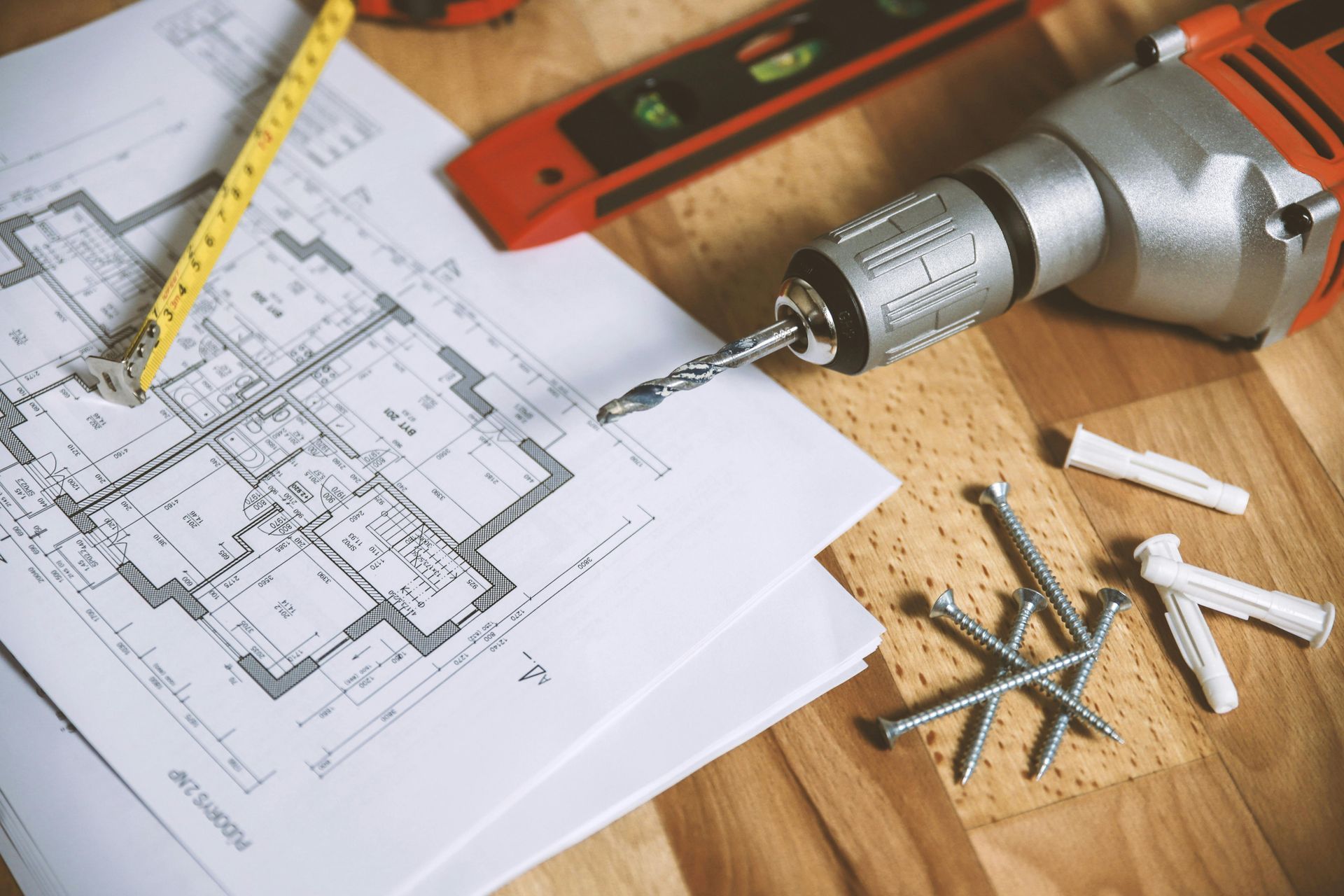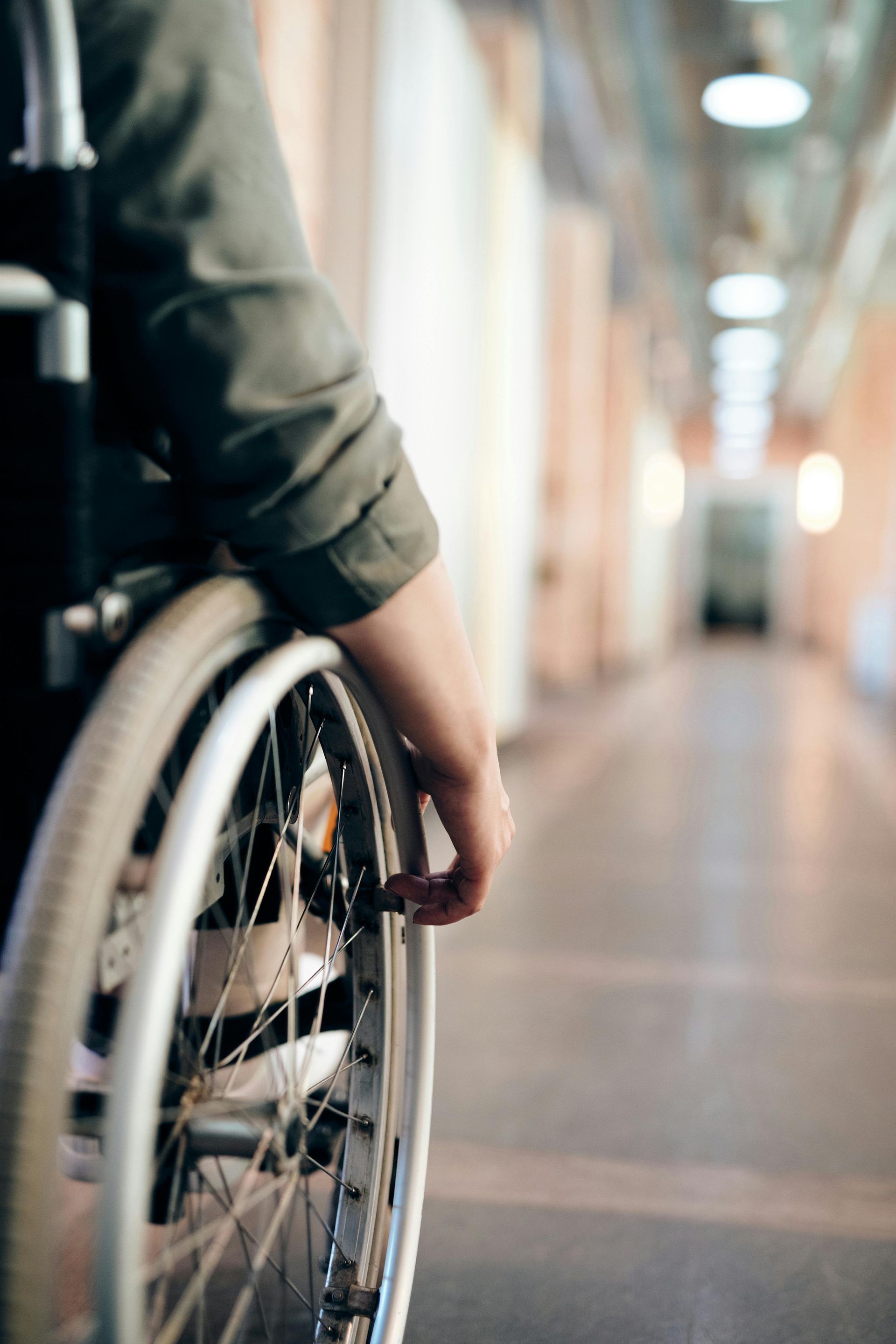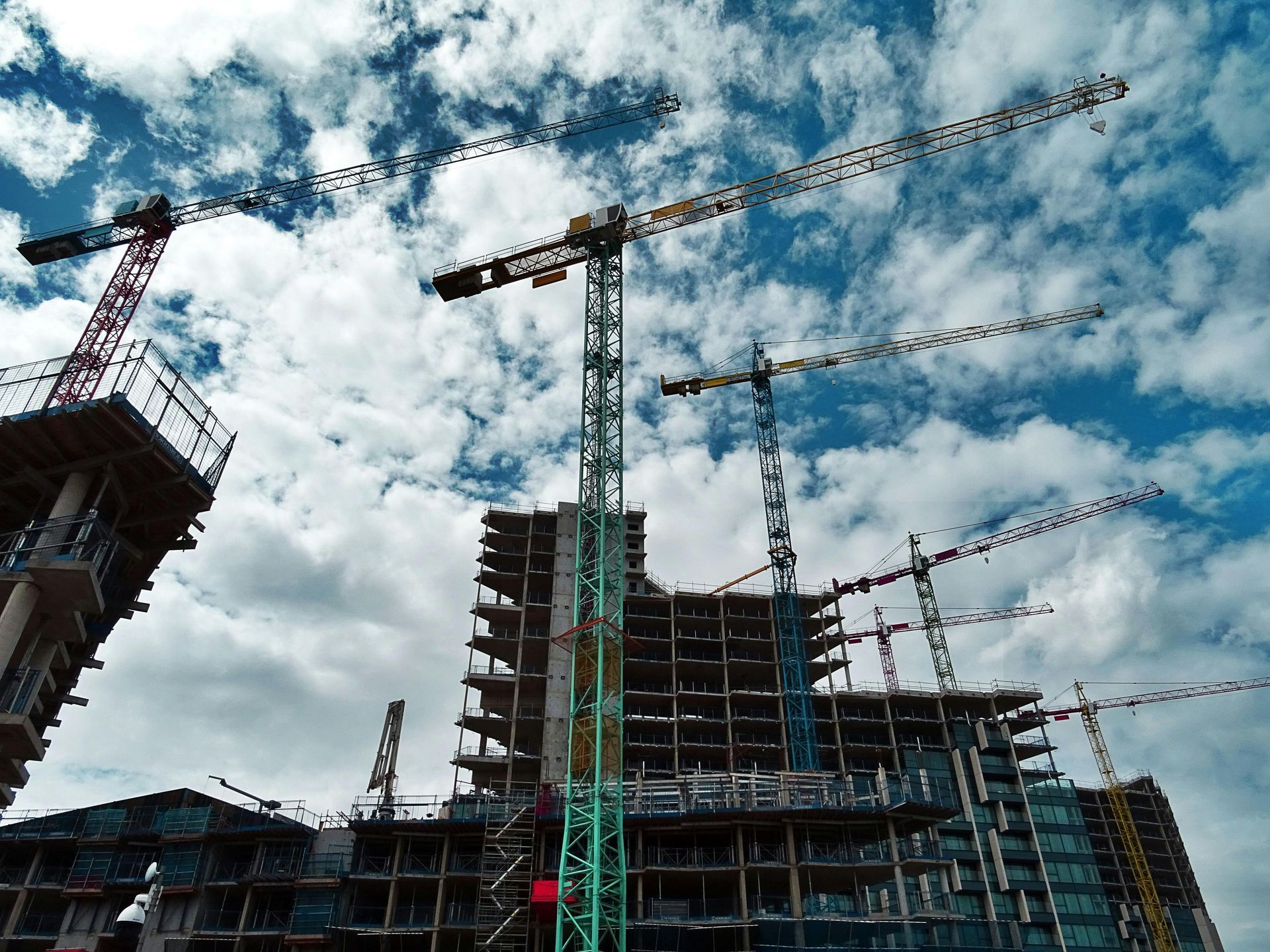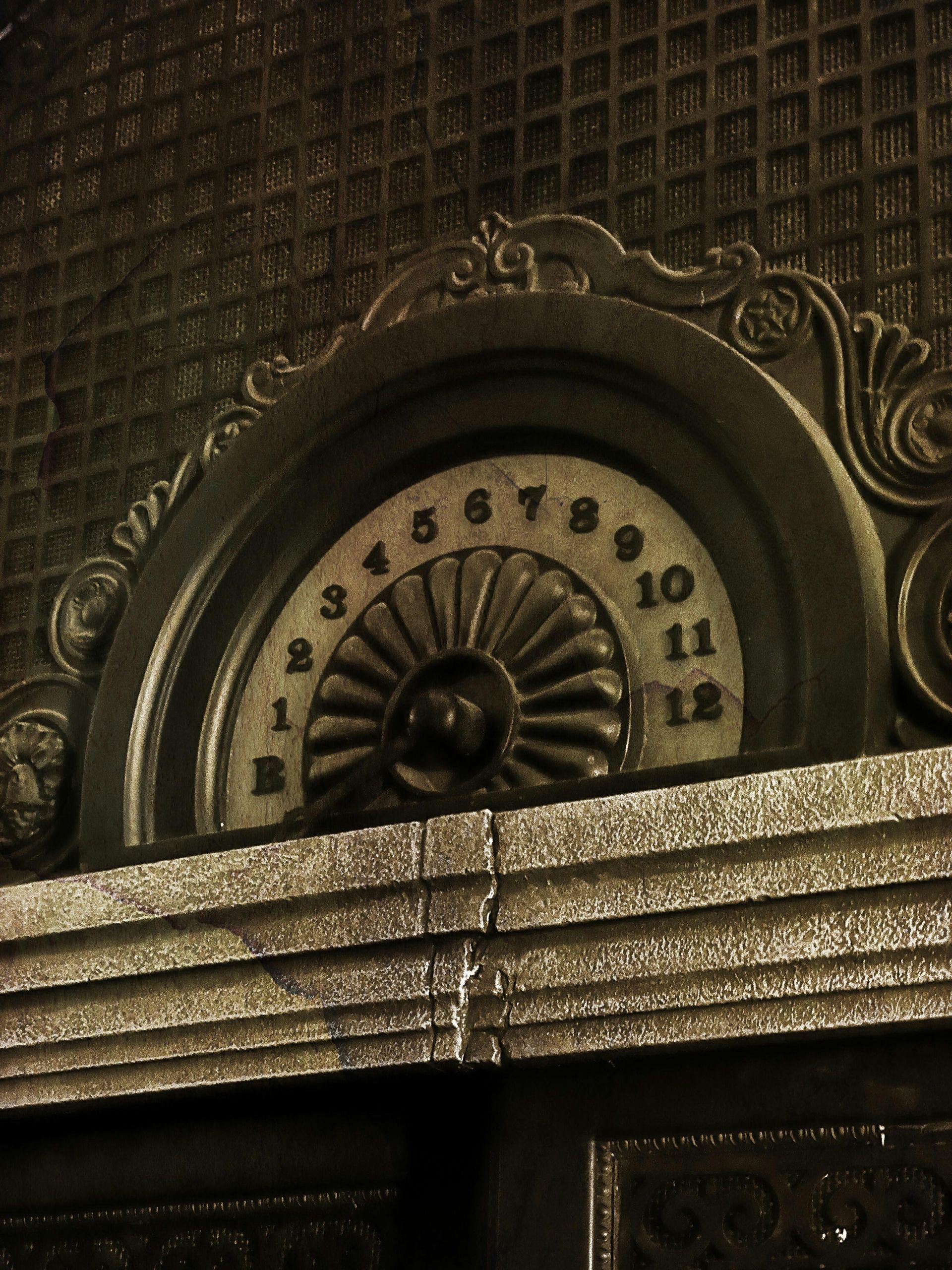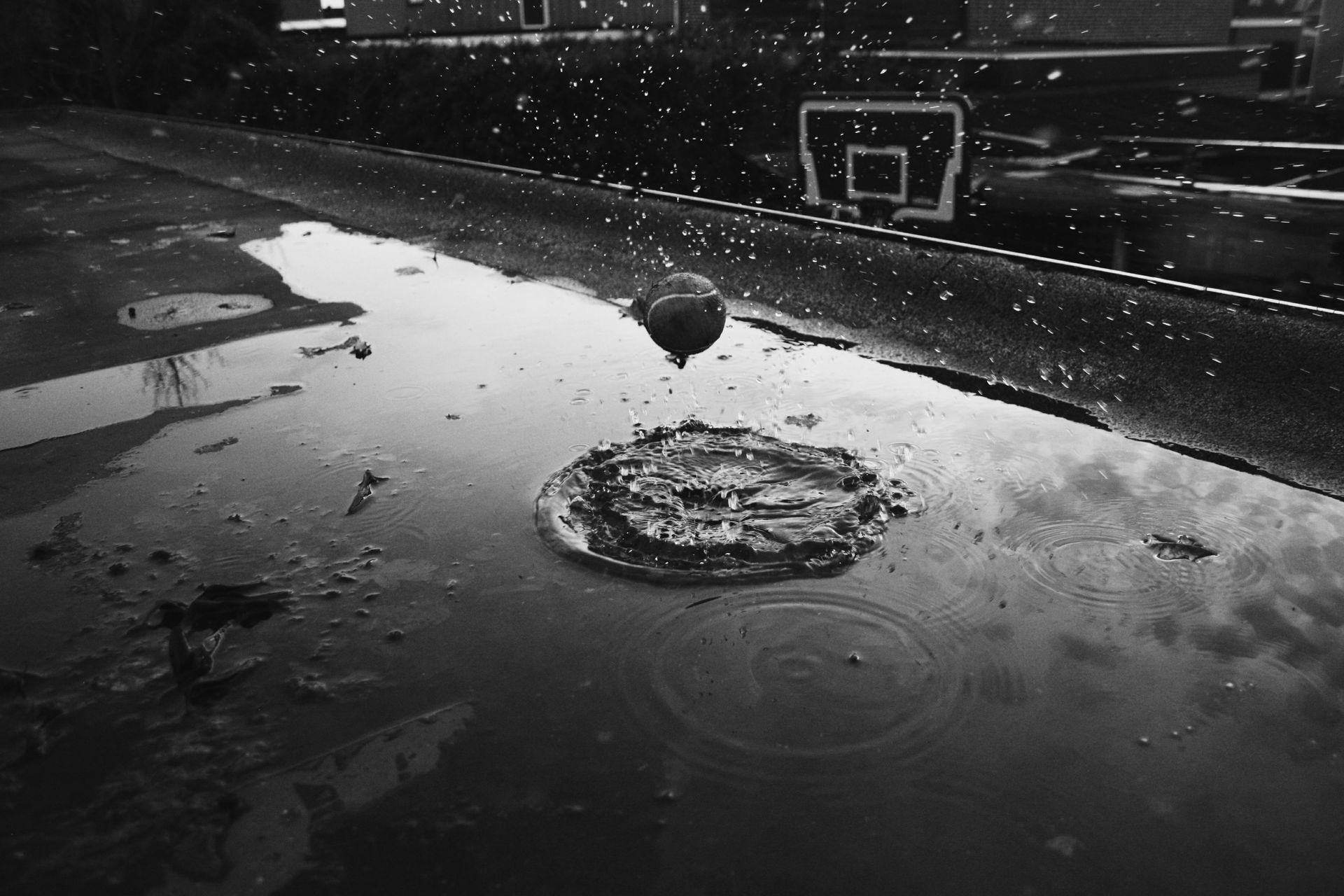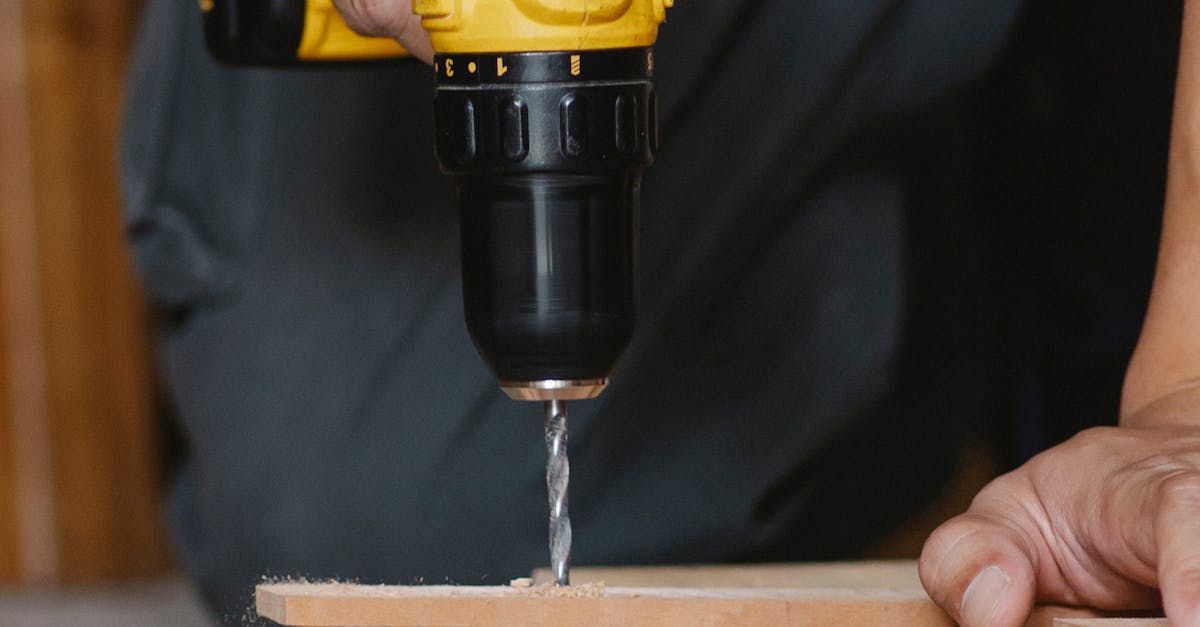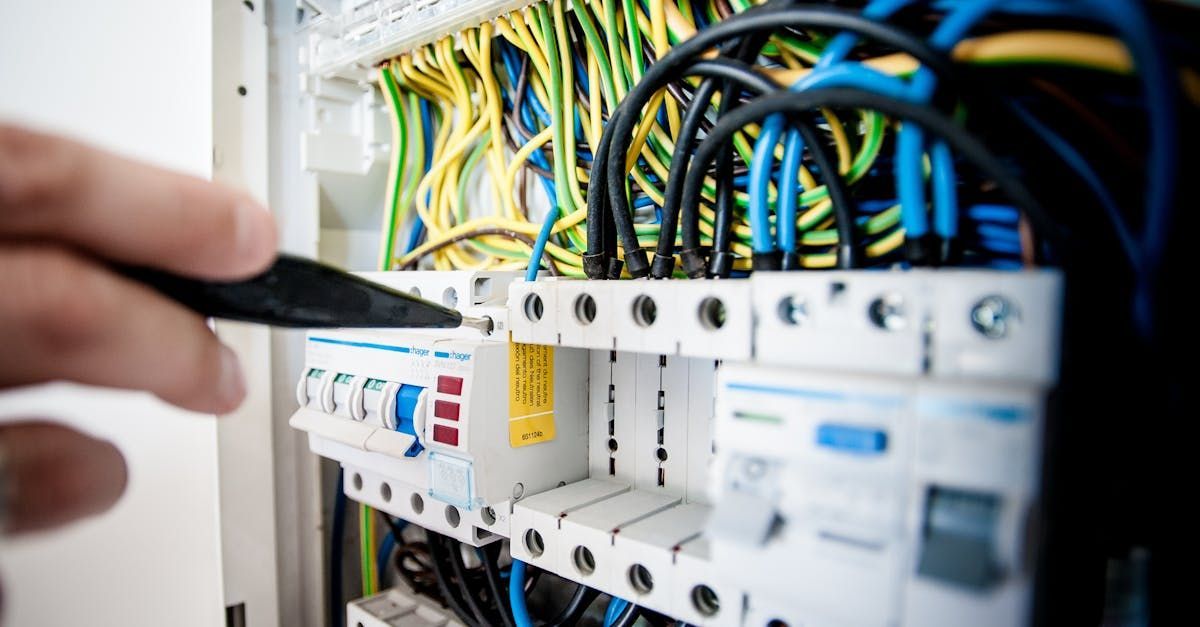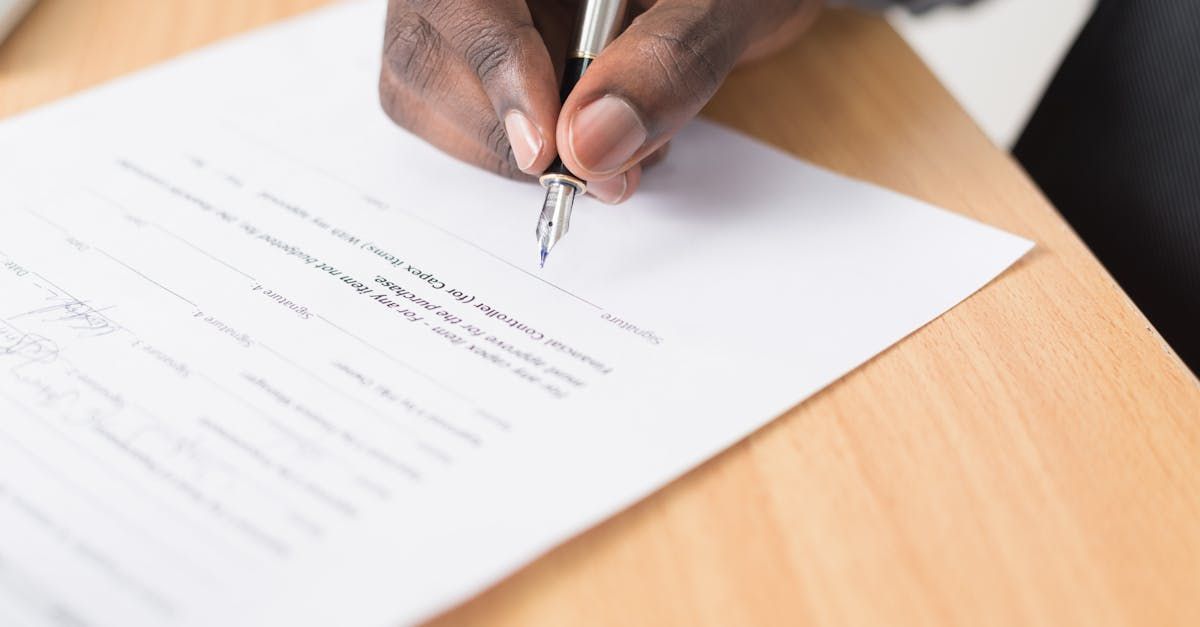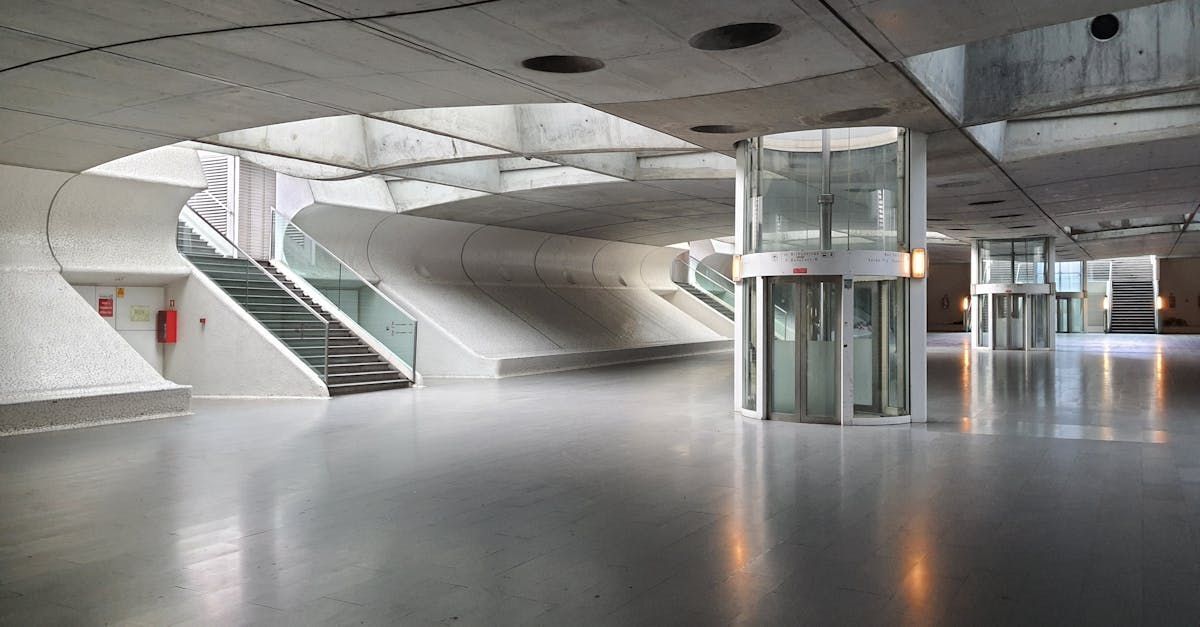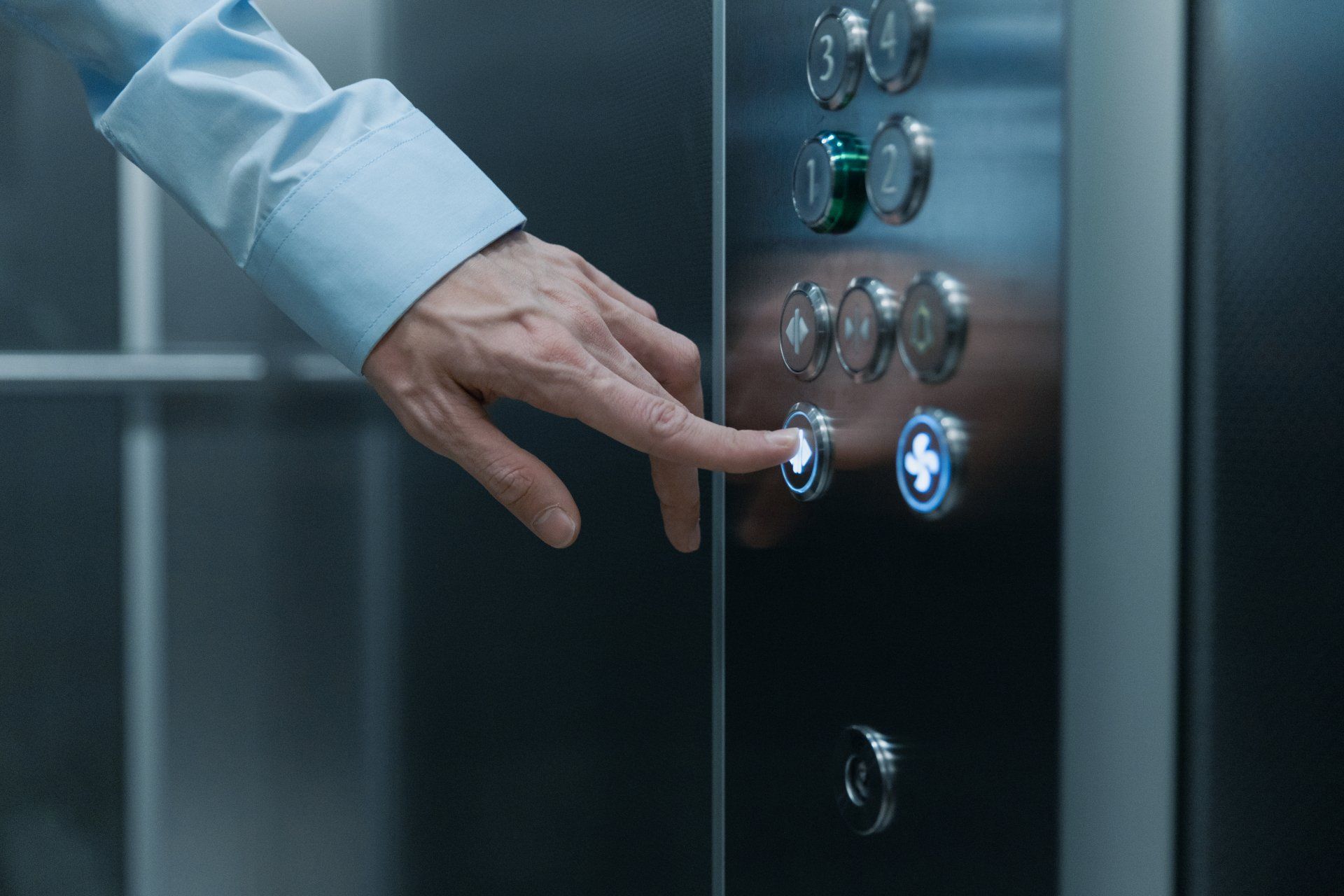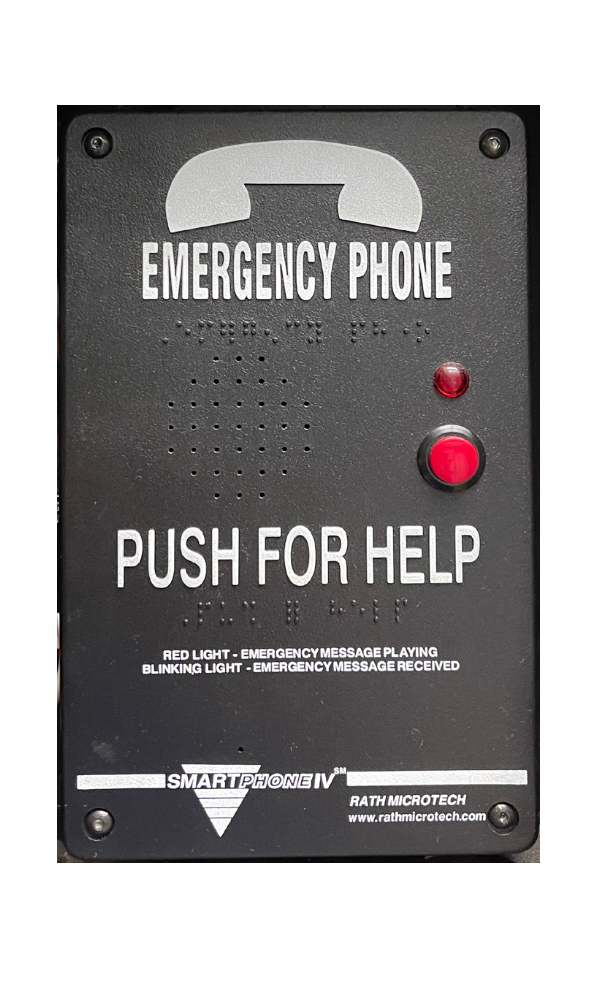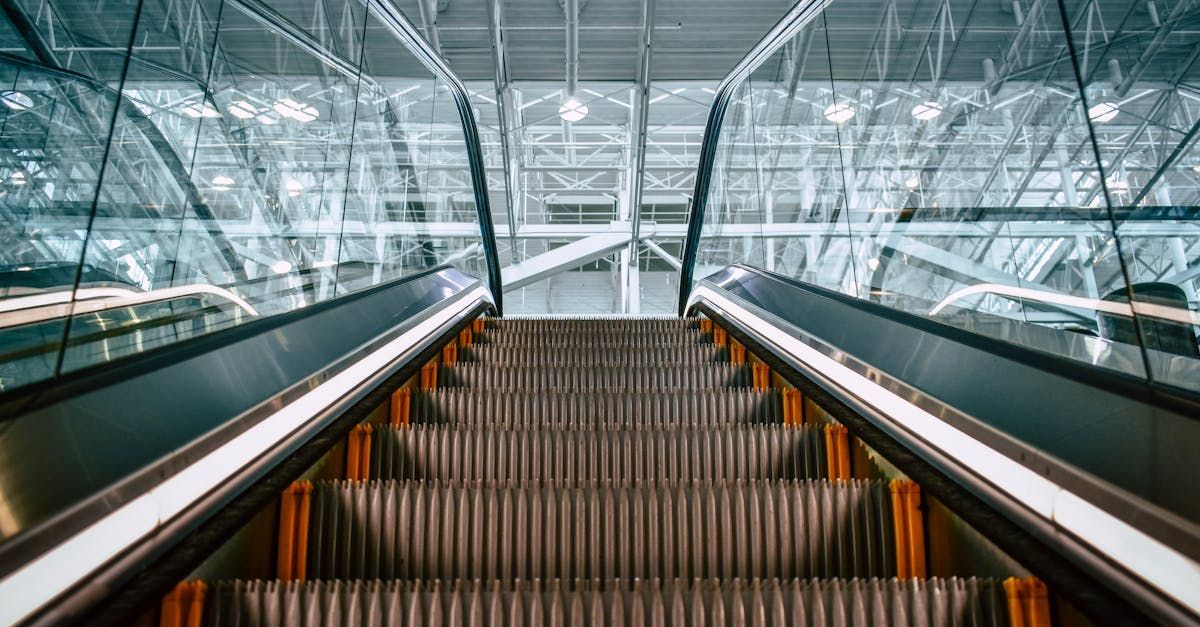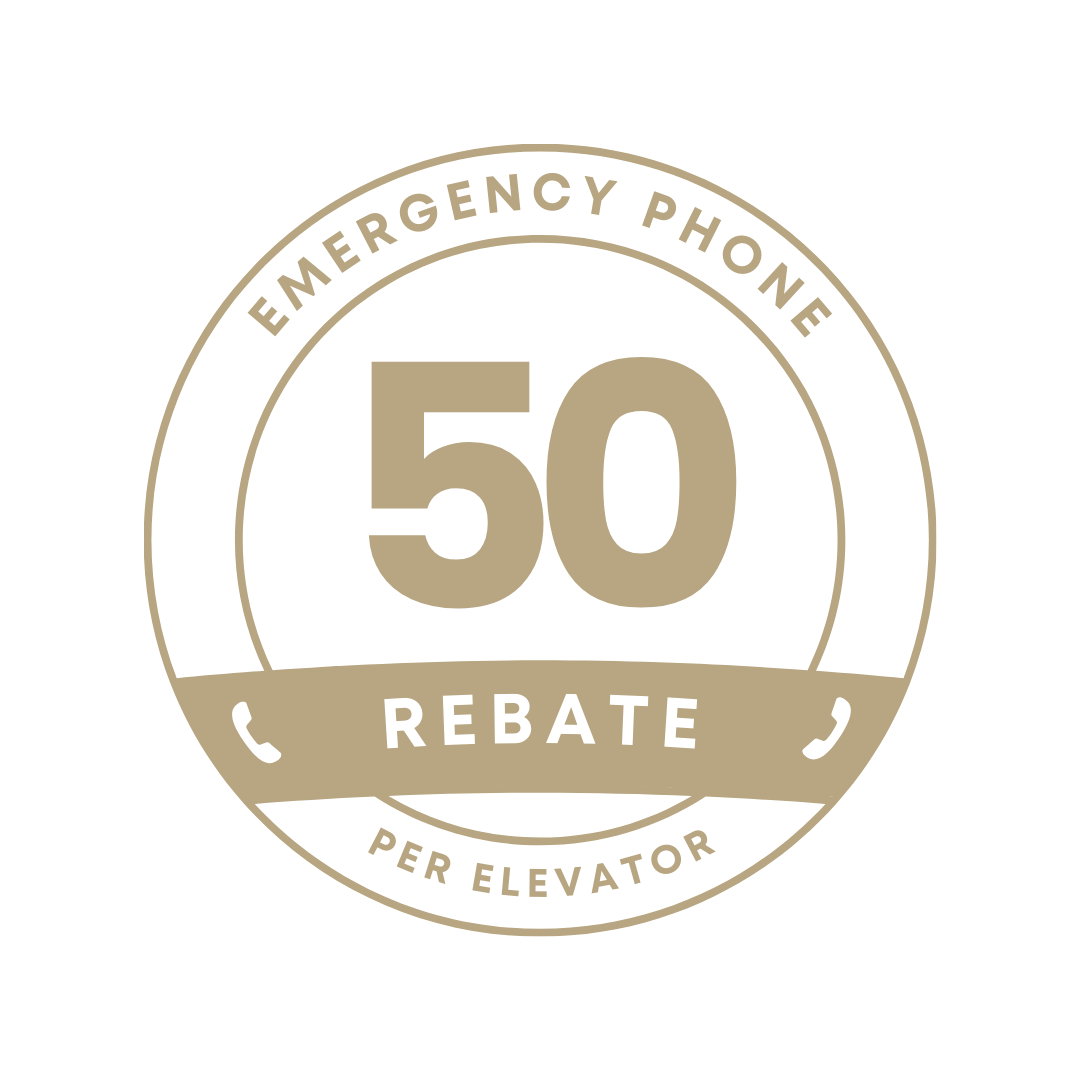Tips for Elevator Cleaning
Key Highlights
- A clean elevator is crucial for maintaining a positive image for your building and ensuring the health and safety of its occupants.
- Regular cleaning of your commercial elevator extends its lifespan by preventing the buildup of dirt and grime that can damage its surfaces.
- Effective cleaning involves using the right cleaning agents and techniques. Using harsh chemicals can damage delicate elevator components.
- Prioritize high-traffic areas like elevator buttons and handrails, as these are breeding grounds for germs.
- Always refer to the manufacturer's guidelines for cleaning recommendations specific to your elevator model.
Introduction
Building owners know that keeping their properties clean is important. This includes taking care of elevators. Since elevators get a lot of use, they often collect dirt, grime, and germs. A clean elevator makes a good impression on visitors. It also helps create a healthier space for everyone.
The Importance of Regular Elevator Cleaning
Imagine getting into an elevator that has dirty mirrors, dusty surfaces, and a bad smell. It’s not a nice welcome, right? Keeping the elevator clean is not just about how it looks; it's important for making a good first impression on visitors and keeping everyone healthy.
A clean elevator shows that someone pays attention to details. It reflects how well the building is taken care of. A clean elevator can make people feel more at ease and appreciated.
Health and Safety Benefits
Elevators are surfaces that can easily collect germs. This makes cleaning them very important. Regular cleaning, especially disinfecting main areas like elevator buttons, handrails, and doors, helps stop the spread of germs and bacteria. This is especially key in places like hospitals, schools, and anywhere hygiene is necessary.
A clean elevator also helps keep away allergens, like dust mites, that can cause issues for people with allergies. By cleaning dust and debris from elevator surfaces and air vents, we can improve the air quality inside. This is good for anyone with breathing problems.
When building owners put regular cleaning and disinfection first, they show they care about their tenants' health. This creates a safer and healthier space for everyone.
Enhancing Elevator Lifespan and Performance
Regular elevator cleaning is important for more than just looks and hygiene. It helps make your elevator last longer. Dirt, grime, and debris can build up on elevator surfaces, tracks, and moving parts over time. This buildup can cause more wear and tear. If the elevator is not cleaned, it may not work well, leading to malfunctions and expensive repairs.
Effective cleaning takes away this dirt, helping all the parts move smoothly and well. This eases the pressure on the elevator's machinery, which lowers wear and tear. As a result, it can help the elevator work longer. By taking care of cleaning and maintenance, building owners can improve how their elevator systems perform and last.
Always remember, a well-kept elevator is a great asset. It ensures smooth and reliable transportation for many years.
Best Practices for Elevator Cleaning
Keeping your elevator clean doesn't have to be hard. You can make it easy by using simple and effective cleaning practices. Start with gathering the right cleaning supplies. You will need microfiber cloths, mild cleaning agents, and a vacuum cleaner with the right attachments.
Always check the manufacturer's guidelines for cleaning instructions that are specific to your elevator model. Remember safety first. Turn off the elevator or put up a warning sign before you start cleaning. This will help avoid any accidents.
Selecting the Right Cleaning Supplies
Using the right cleaning supplies is important for cleaning your elevator without hurting its surfaces. Using strong chemicals or rough materials can scratch stainless steel, change the color of surfaces, or even harm electronic parts.
Here’s a list of recommended cleaning supplies:
- Microfiber cloths: These are great for cleaning glass surfaces, stainless steel, and elevator buttons. They are soft and do not leave lint. They also remove smudges and fingerprints without causing scratches.
- Mild cleaning agents: Choose pH-neutral cleaners made for delicate surfaces. Stay away from harsh chemicals like bleach or ammonia, as they can damage the elevator's finish.
- Cleaning solution for glass surfaces: Use a glass cleaner that won’t leave streaks for mirrors and glass panels inside the elevator cab.
Always remember to test your cleaning solution on a small, hidden area first. This way, you can check if it works well with the elevator's surfaces.
Techniques for a Streak-Free Finish
- Get a professional and streak-free look on your elevator surfaces with some easy tips.
- First, take off any loose dust or dirt using a microfiber cloth or a vacuum with a soft brush.
- For stainless steel surfaces, use a special stainless steel cleaner or mix warm water with mild dish soap.
- Spray the cleaner onto a microfiber cloth and wipe the surfaces along the grain to avoid streaks.
- To make stainless steel shine, use a dry microfiber cloth. Buff the surface in circles.
- This will get rid of any smudges and fingerprints, making your elevator look clean and perfect.
Conclusion
Regular cleaning of elevators is very important for hygiene, safety, and how well they work. Using the right cleaning supplies and methods helps make sure there are no streaks, which can help the elevator last longer. Cleaning mirrors and stainless steel more often with the right solutions makes them look better. You can also use DIY methods if you do them right. A clean elevator gives a good impression to users and shows you care about maintenance. By focusing on elevator cleaning, you make a safer and nicer space for everyone who uses it.
Frequently Asked Questions
How often should elevators be cleaned for optimal maintenance?
For the best upkeep, it is important to clean the elevator car regularly. Busy elevators or those that see a lot of use might need cleaning several times each day. Other elevators may just need a deep clean once a day. It’s good to focus on areas that many people touch, like the elevator buttons.
What are the best cleaning solutions for elevator mirrors and stainless steel?
To get a shiny mirror finish, use a glass cleaner that is streak-free along with a microfiber cloth. For stainless steel walls, mix mild soap with warm water or use a cleaner made for stainless steel. After cleaning, you can apply a thin layer of polish to help prevent fingerprints and smudges.
Can DIY cleaning methods be effective for elevators?
Yes, DIY cleaning methods can help keep an elevator clean. It is important to use the right techniques and cleaning agents. Always use a soft cloth or a soft bristle brush. Mild cleaning agents are best so you don’t harm the surfaces of the elevator.


